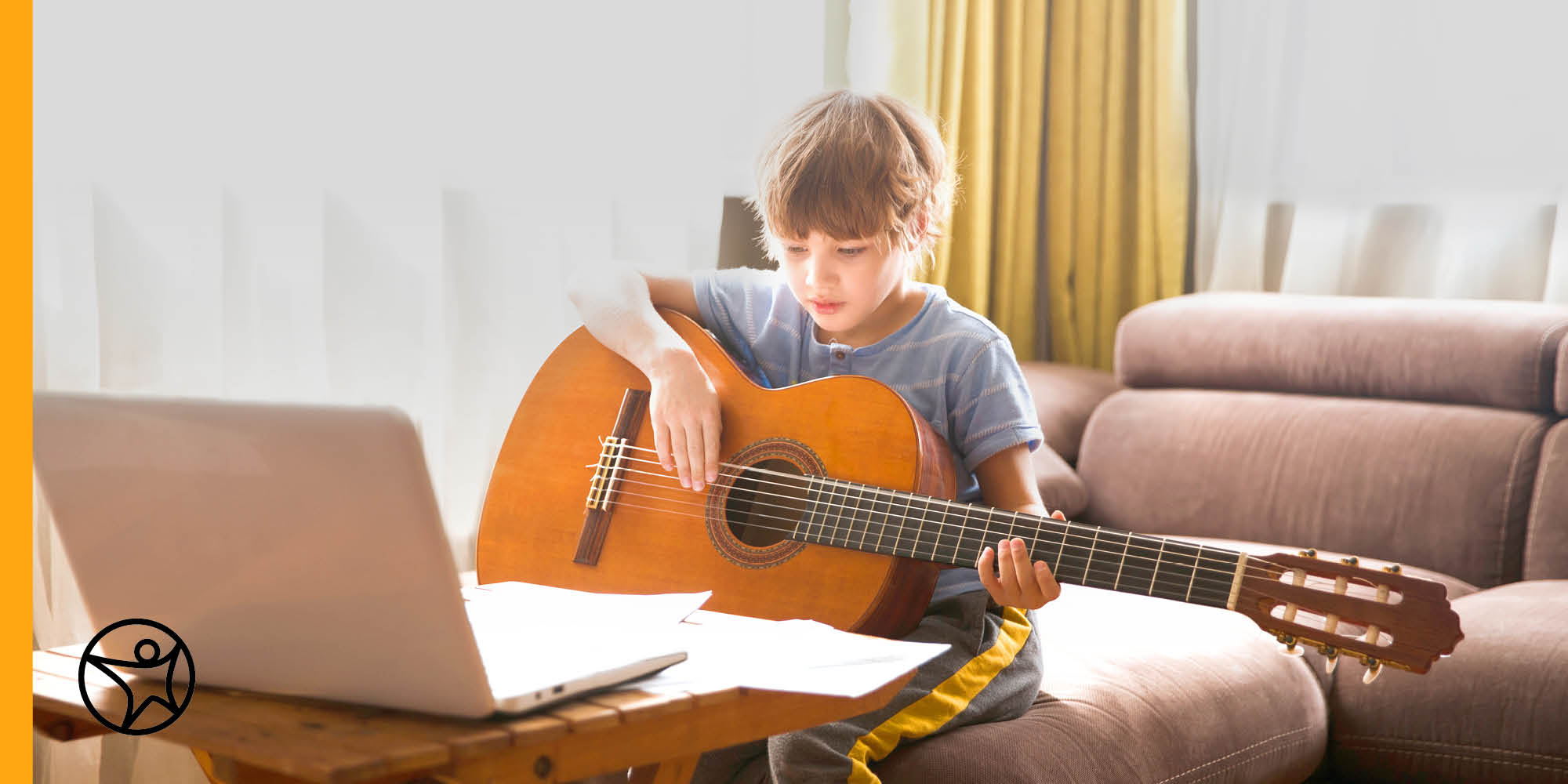Surprising Ways Creative Writing Can Help Your Child Learn
by Julie Hersum
byKevin Neese
3 min to readMusic has a way of getting into the heart of childhood. As they journey through their developmental stages, children who are exposed to structured music education reap advantages that touch every aspect of their growth. Indeed, a recent study showed that music education for children can have a positive impact on their overall development and growth.
Explore some of the benefits of music education for children and its instrumental role in shaping young minds.
A recent study showed that early childhood and care educators believe that music is a creative outlet for children, regardless if the child is learning how to play an instrument or sing and dance.
Let's explore some of the benefits of music for children:
When a child learns how to play music, it is not only about producing melodies, it's an intricate process that challenges and molds the brain's faculties. As Julia Savacool aptly puts it, "Playing an instrument gives kids bigger, more active brains—especially the parts involved with hearing, memory, and motor skills.”
When children persevere through the initial challenges of learning an instrument, they are unknowingly honing their resilience and discipline. Every hurdle they overcome, every melody they perfect, instills a sense of achievement, boosting their confidence and self-worth.
A customized approach to music education ensures that children are exposed to musical experiences that better resonate with their developmental stage:
These free Lincoln Center Pop-Up Classroom workshops help teachers and parents create their children’s music education curriculum. While most classes are online, some are offered in-house. A subscription isn’t necessary, and each teaching video will let you know what’s needed. The online workshops are YouTube videos led by Lincoln Center teacher artists. Children can learn how to sing a chorus, make music beats with their voices, dance, or watch concerts.
Sessions at Little Kids Rock Jamzone include songwriting to beginner ukulele lessons if they want to get started learning an instrument. If your child is already studying music, there is a section where they can practice improving their skills using step-by-step instruction slides. “Jam Along” lets kids play their guitar or drums along with popular songs by BTS or Beyonce.
With this Big Ear Games app, playing mobile games and learning music go hand in hand. Students can create their own songs, learn about rhythm and melody, as well as play a digital guitar. Whether online or in the classroom, teachers help students put the musical notes together for songs like “Jingle Bells” and “Twinkle, Twinkle, Little Star.”
by Julie Hersum
by Julie Hersum
by Julie Hersum
